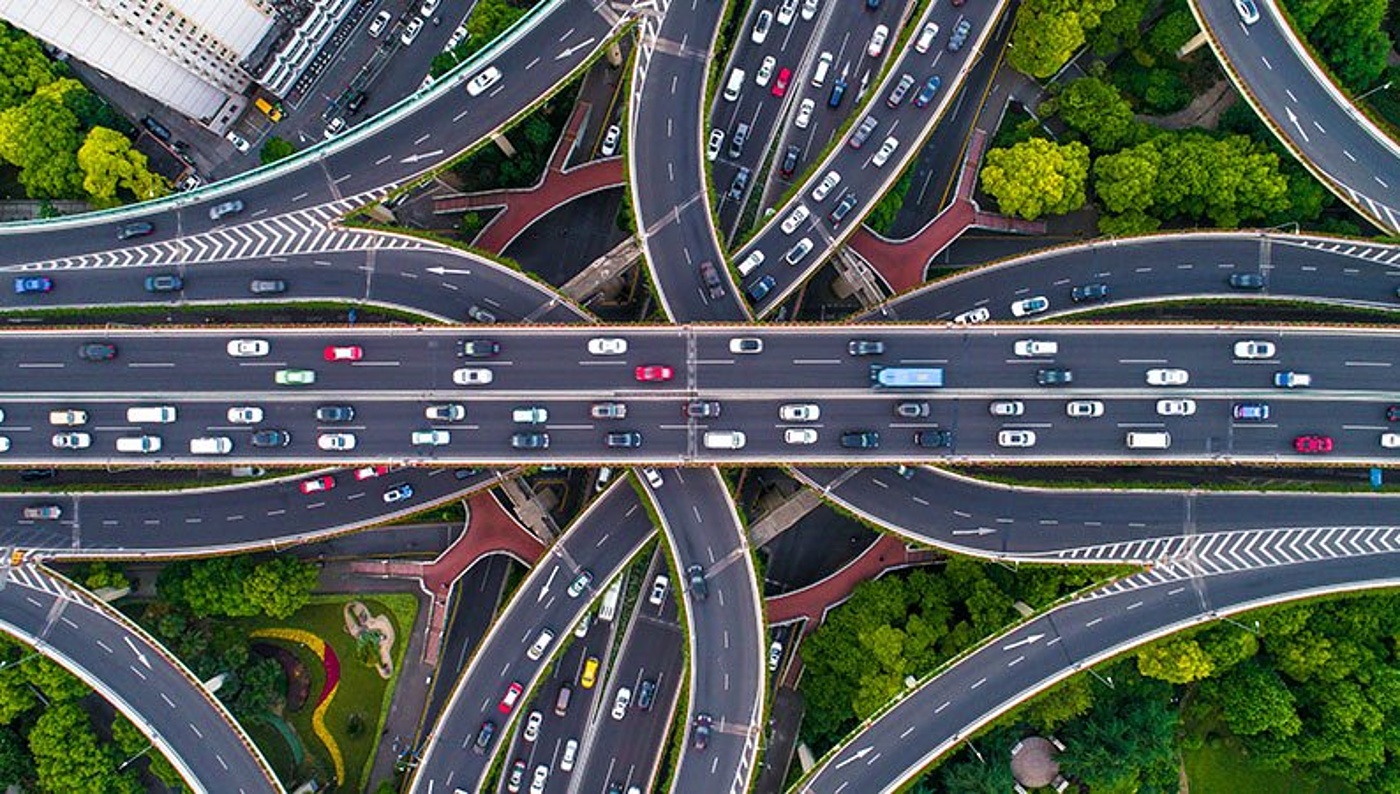
Taking the fast lane - New PPH program between Japan and France
January 2021 will start with France and Japan strengthening their relationship in the arena of Intellectual Property as a new Patent Prosecution Highway (PPH) agreement between the Japanese Patent Office (JPO) and the French National Institute of Industrial Property (INPI) takes effect.
Editor's note: the article was written before January 1, 2021 (date of entry into force of the PPH program) and before publication of the official guidelines.
Contributors:
Stéphane Speich
Patent Attorney (BE, LU, FR), European Patent, Trademark and Design Attorney
Trademark and Design Attorney (EM, BX, FR)
Kazuya Sekiguchi
Patent Attorney (JP), European Patent Attorney
This agreement is a direct follow-up to JPO Deputy Director Hiroyuki Nakano's meeting with the INPI in February 2020. It is also a consequence of the changes brought by the French government to the patent examination proceedings at the INPI through the new Business Growth and Transformation Action Plan (PACTE) law of May 2019.
Following the amendment to the Intellectual Property Code, and set for their implementation with respect to all patent applications filed in France since May 22, 2020, both the novelty and inventive step requirements must be fulfilled for a French patent to be granted. Examiners can now refuse a patent application that does not meet these two criteria.

Now that the Japanese and French patent systems are aligned, applicants from both countries might be interested in taking advantage of this new PPH agreement for accelerating the examination proceedings in both jurisdictions. Under this agreement — provided all applicable requirements are met — French applicants may request acceleration of the examination proceedings in Japan (and vice versa).
Entering the highway
PPH programs are known for enabling an applicant whose application has been determined patentable by an office of first filing (OFF) to undergo an accelerated, simplified examination in the office of second filing (OSF).
Specifically, a PPH request may be filed as long as the OSF did not issue a first office action. The requirements for filing a PPH request between France and Japan will be specified by dedicated guidelines and align with existing ones. Namely:
- At least one claim must be found allowable in the latest OFF office action.
- The allowable claim(s), corresponding office actions and prior art cited by the OFF must be provided to the OSF when filing the PPH request.
- A claims correspondence table must be presented, showing the similarities and differences between the claims found allowable by the OFF and the claims as submitted to the OSF.
- A translation of the allowable claims and the corresponding office actions must be furnished to the OSF in its correspondence language.

An invention considered to be patentable by the Japan Patent Office might be considered more favorably by the French Examining authority in view of the examination results obtained in Japan, if positive. Likewise, the possibility for the JPO to access the INPI search and examination results of a French application will speed up the process in Japan.
Excepted for patent documents the OFF and the OSF can access, the final point listed above implies that the aforementioned elements should be translated from Japanese to French if the INPI is selected as the office of second filing. If the JPO is the office of second filing, either Japanese or English is acceptable as a translation language.
If all these requirements are fulfilled, both applications shall be considered to have the same earliest date, and the OSF will consider the application to be eligible for accelerated examination.
The road ahead
PPH agreements are well known to bring new opportunities for applicants interested in filing for patent protection of their inventions in multiple jurisdictions. As of January 1, 2021, positive examination results obtained in France could thus directly be used by the JPO (and vice versa), leading to expedited examination and a better chance of prompt OSF approval.
However, while this new process is expected to reduce the duration of patent examination proceedings, as well as what applicants must spend to obtain a patent grant, it should be borne in mind that examiners from different offices may come to different conclusions as far as the patentability of an invention is concerned.
One also has to be mindful that preparing a PPH request involves its own costs. For instance, if the claim is based on positive examination of a patent application — with French as the only language allowed for filing and communicating with the INPI — Japanese or English translations of the claims and all issued office actions will need to be produced and furnished.
Such expenditure may be justified when filing a PPH request to the Japanese Patent Office: As recent statistics have established, the JPO has an 81% granting rate for PPH requests, compared to an average of 75% for all other patent applications.

Given the Franco-Japanese relations in the framework of numerous technological sectors, many applicants will likely take advantage of the opportunity granted by the PPH.
The statistics of the JPO also show that the pendency from a PPH request to the issuance of a first office action can be reduced, on average, from 9.4 to 2.6 months. Similarly, the pendency from a PPH request to issuance of a final decision can be cut to 7.3 months from 14.3. Of course, it must be kept in mind that such results are based on the assumption that the original foreign application's subject matter is considered patentable in the jurisdiction of first filing.
Ideally, comparable results will be obtained in the examination proceedings of Japanese patent applications extended in France under this new PPH program.
Embracing new opportunities
As pointed out when the Memorandum of Cooperation reinforcing the cooperation framework between the two national offices was signed, Japanese patent applicants rank second among foreign entities in France, while French applicants rank 6th in Japan.
The PPH will enable applicants whose applications have been determined to be patentable by the JPO to undergo an accelerated examination at the INPI with a simple procedure upon request of the applicants. Considering the history of Franco-Japanese relations in the framework of numerous technological sectors, particularly the automotive industry, there is strong reason to believe that numerous applicants will take advantage of the opportunity granted by the PPH.
Increased Japanese corporate investment in France, and the expansion of French businesses into Japan's domestic market, could be a major long-term benefit of this new agreement.
Filed in

Explore the latest IP dramas, from an Olympic trademark dispute to challenges in drug patenting and a lawsuit for allowing music piracy.



